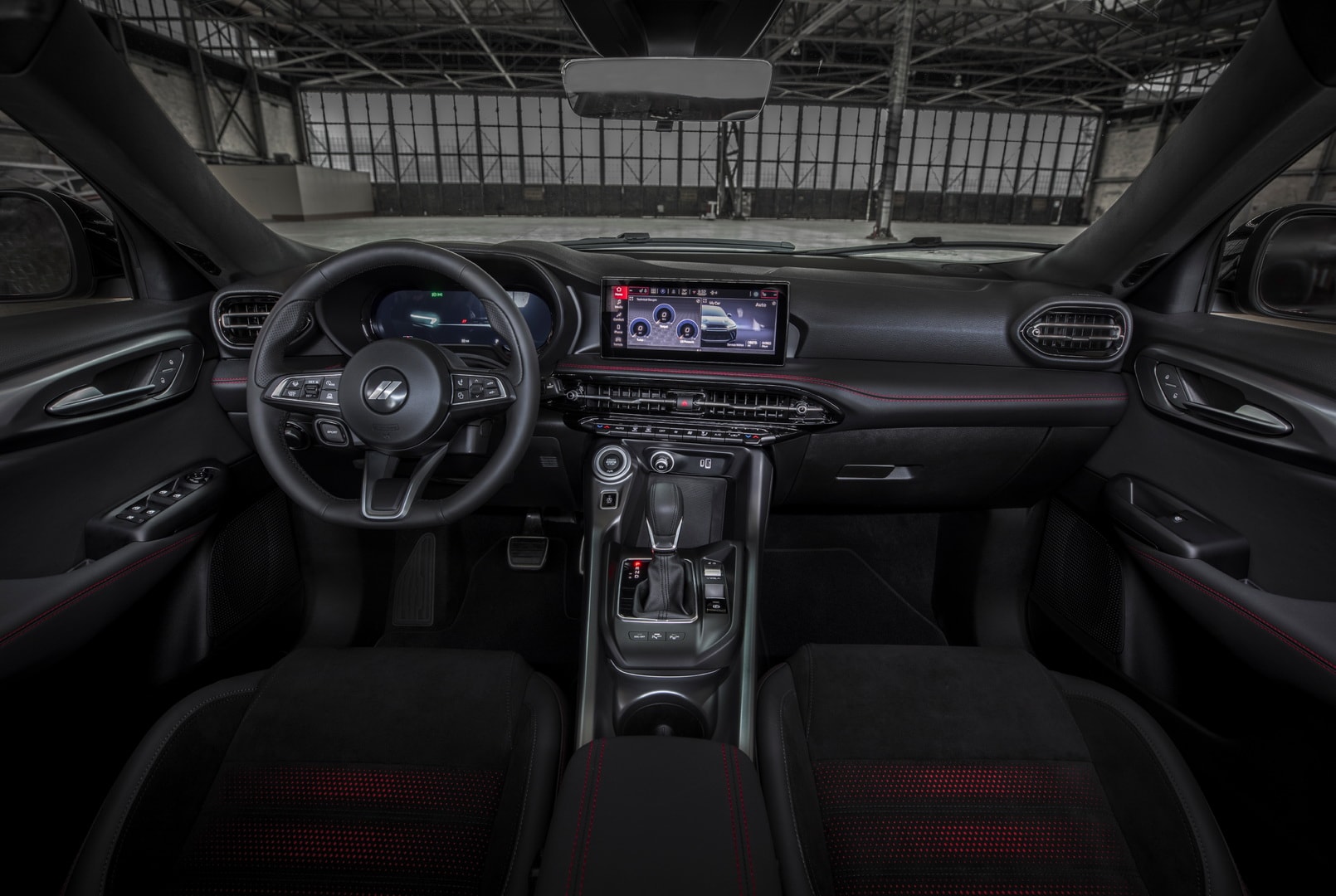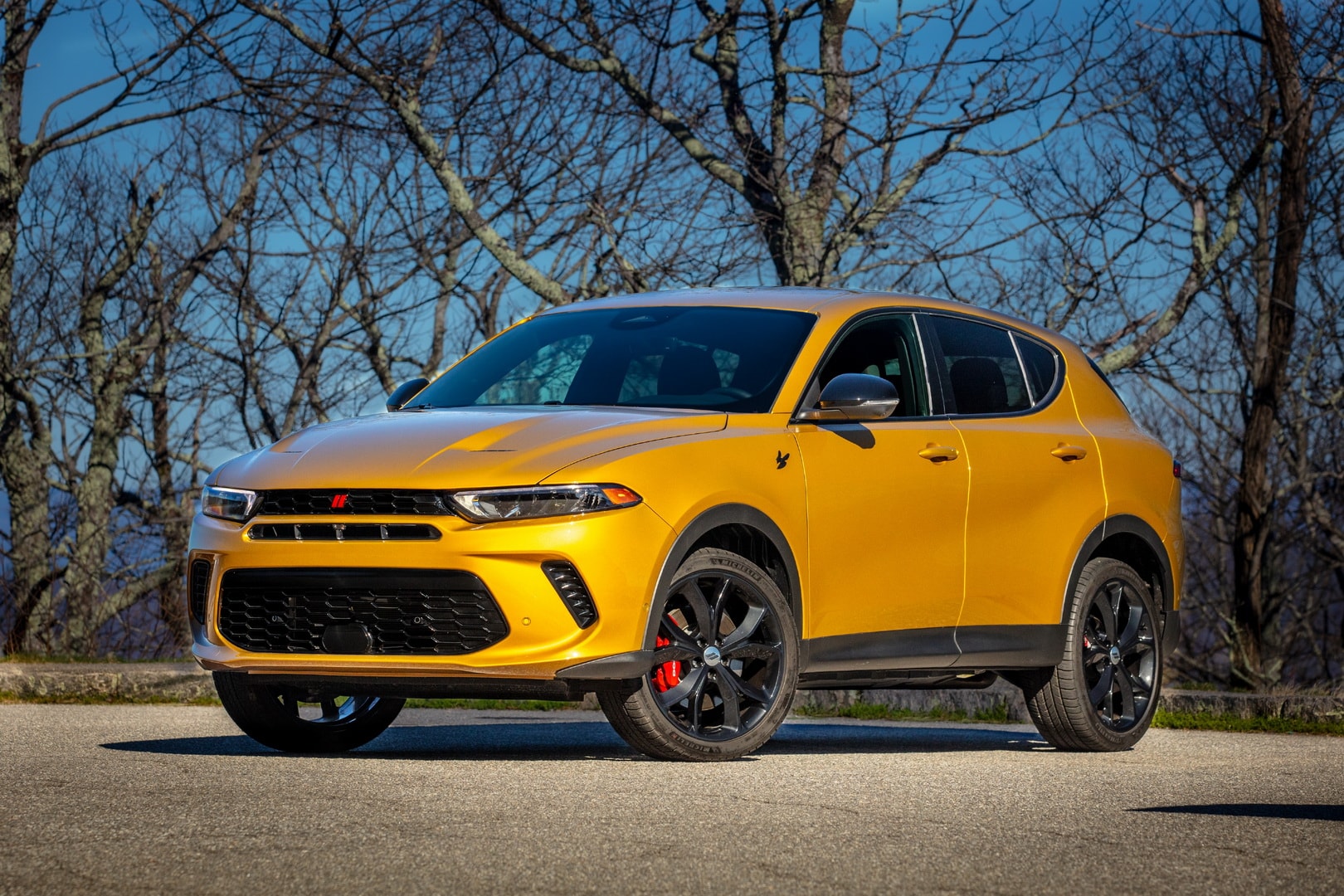Dodge has carved a niche for itself with roaring muscle cars and imposing trucks that exude power and a bold attitude. Enter the Hornet, a compact SUV that prioritizes fuel efficiency a stark contrast to the brand’s usual gas-guzzling offerings.
This unexpected addition to the Dodge lineup has left many scratching their heads. While the Hornet itself might be a well-rounded little vehicle, it creates a dissonance with the aggressive image Dodge has cultivated over time.
This disconnect extends beyond aesthetics and sales figures. Industry reports paint a picture of the Hornet consistently ranking as the slowest-selling compact SUV in the US this year. This sluggish performance isn’t entirely unexpected.
The Hornet finds itself competing in a crowded market segment, and its focus on fuel economy and size might not be a bullseye for the typical Dodge buyer seeking a powerful statement piece on wheels. In the competitive compact SUV market, two Italian-designed vehicles vie for attention: the Alfa Romeo Tonale and the Dodge Hornet.
The Tonale boasts a European pedigree, promising a blend of efficiency and thrilling handling, starting at $43,845. Meanwhile, the Hornet offers a more budget-friendly option with a $31,400 starting MSRP and shares some design elements with its Italian cousin.

While a value-conscious buyer might consider the Hornet a near-identical option at a significant discount, there seems to be a disconnect with American consumers, particularly Dodge loyalists.
Stellantis, the automotive group that owns both Dodge and Alfa Romeo, utilized a cost-saving strategy with the Dodge Hornet. The Hornet is essentially a rebadged version of the Alfa Romeo Tonale, sharing the same platform and mechanical components.
This approach reduces development costs for Dodge but raises questions about whether the Hornet truly complements the brand’s existing lineup. In the market for a head-turning and zippy compact SUV? The Dodge Hornet certainly delivers on power, but some drivers might crave a brand that better reflects their individuality.
If a distinct brand identity is important to you, here are some alternatives that offer a unique personality without sacrificing features or driving thrills. Let’s explore some exciting options that cater to a variety of preferences, ensuring you find the perfect ride that speaks to your style.
Dodge’s design direction seems to be taking a turn. The new Hornet, while similar to the Caliber in size and sharing a platform with a European car, lacks the distinct Dodge aesthetic of its predecessor.
This, coupled with the upcoming 2025 Charger’s resemblance to a less aggressive Challenger, raises concerns about a potential dilution of the brand’s signature style.
Could the influence of electric vehicles, often known for their unconventional looks, be behind this shift? Mercedes-Benz seems to be course-correcting with future models moving away from a pod-like design, but the future of BMW’s design language remains uncertain.

